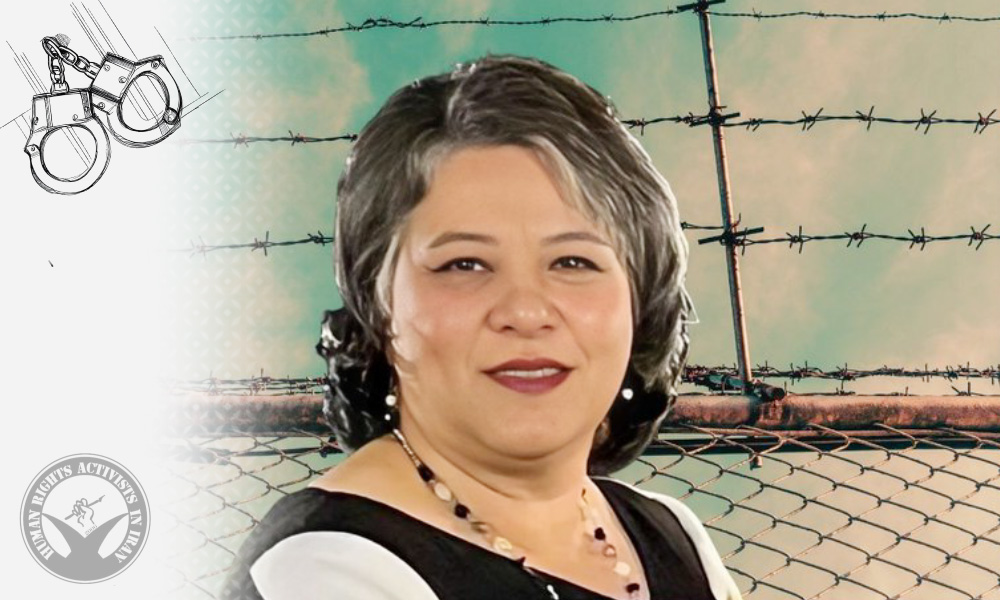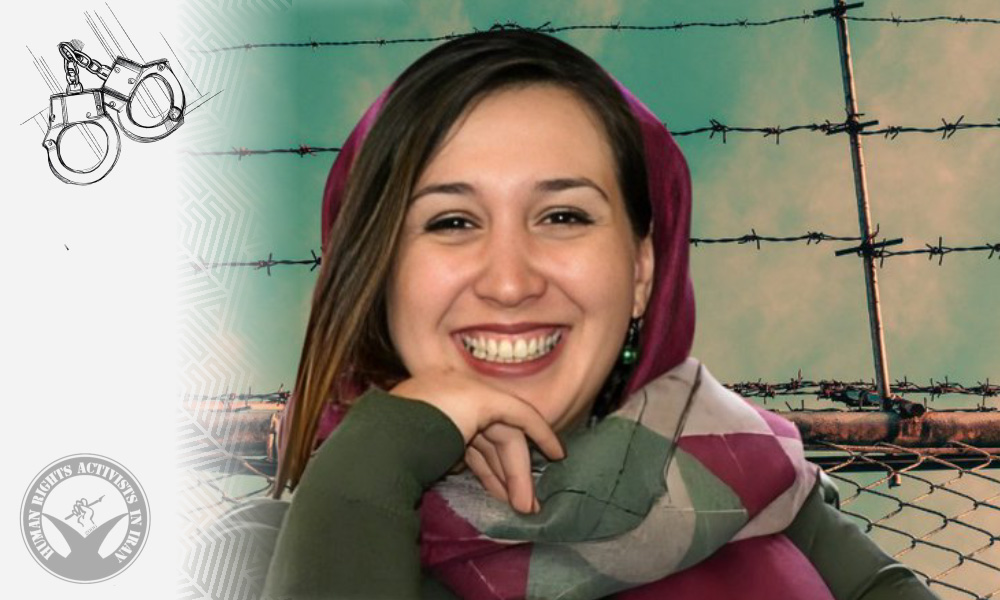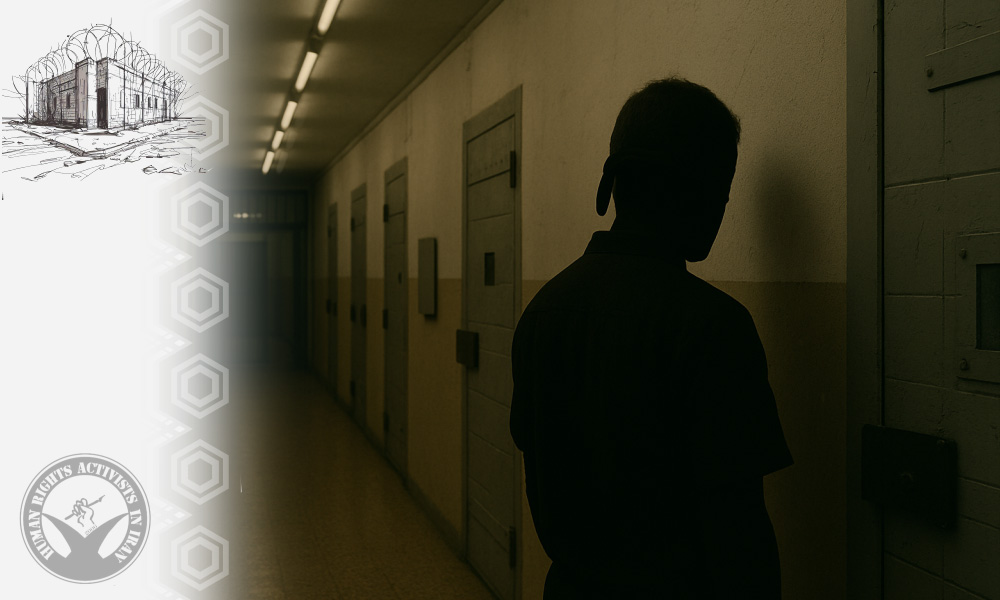HRANA News Agency – Since the early hours of Monday, June 23, security forces have summoned at least 35 Jewish citizens in the cities of Tehran and Shiraz to security centers and interrogated them.
According to a source close to the families, the officers mainly questioned these individuals about their family contacts with relatives in Israel and emphasized that they should refrain from any phone or internet communication abroad for the time being.
This wave of summonses, unfolding amid heightened military tensions between Iran and Israel, marks one of the largest such incidents since the early years following the 1979 Revolution. The move starkly contradicts the Islamic Republic’s official narrative of providing “equal rights for Iranian-Jewish citizens.” While authorities have long sought to portray Iranian Jews as secure and fully integrated citizens, sources close to the community report “unprecedented pressure” in recent weeks.
These actions are also linked to earlier legislation. In November 2011, the Iranian Parliament passed the “Law on Intensifying Punishment for Travel to Israel,” which imposes two to five years of imprisonment and three to five years of passport ineligibility on any Iranian citizen who travels to Israel. Many Iranian Jews maintain religious and familial ties with relatives in Israel, making travel between the two countries common—an activity now facing heightened surveillance and restriction.
The Tehran Jewish Association has so far avoided issuing an official response. However, a senior member of the Iranian Jewish community, speaking anonymously to HRANA, stated: “We’ve seen limited summonses during previous crises, but the current scale is unprecedented and has raised serious concerns about the psychological and social well-being of our community.”
As of this report’s publication, judicial and security officials have yet to explain the reasons behind or outcomes of the interrogations. Some families say officials tried to offer reassurance, claiming the intent was not to pressure the community but to gather information and “prevent crimes” in the wake of the Iran-Israel conflict. Still, human rights lawyers caution that these actions may amount to “discrimination based on religion and ethnicity” and stand in violation of Iran’s international obligations.
According to an unofficial 2021 census, Iran’s Jewish population is estimated at fewer than 10,000. With many having relatives in Israel due to mass emigration after the revolution, experts warn that a mix of security pressure and restrictive travel laws increasingly threatens their ability to maintain family connections.













